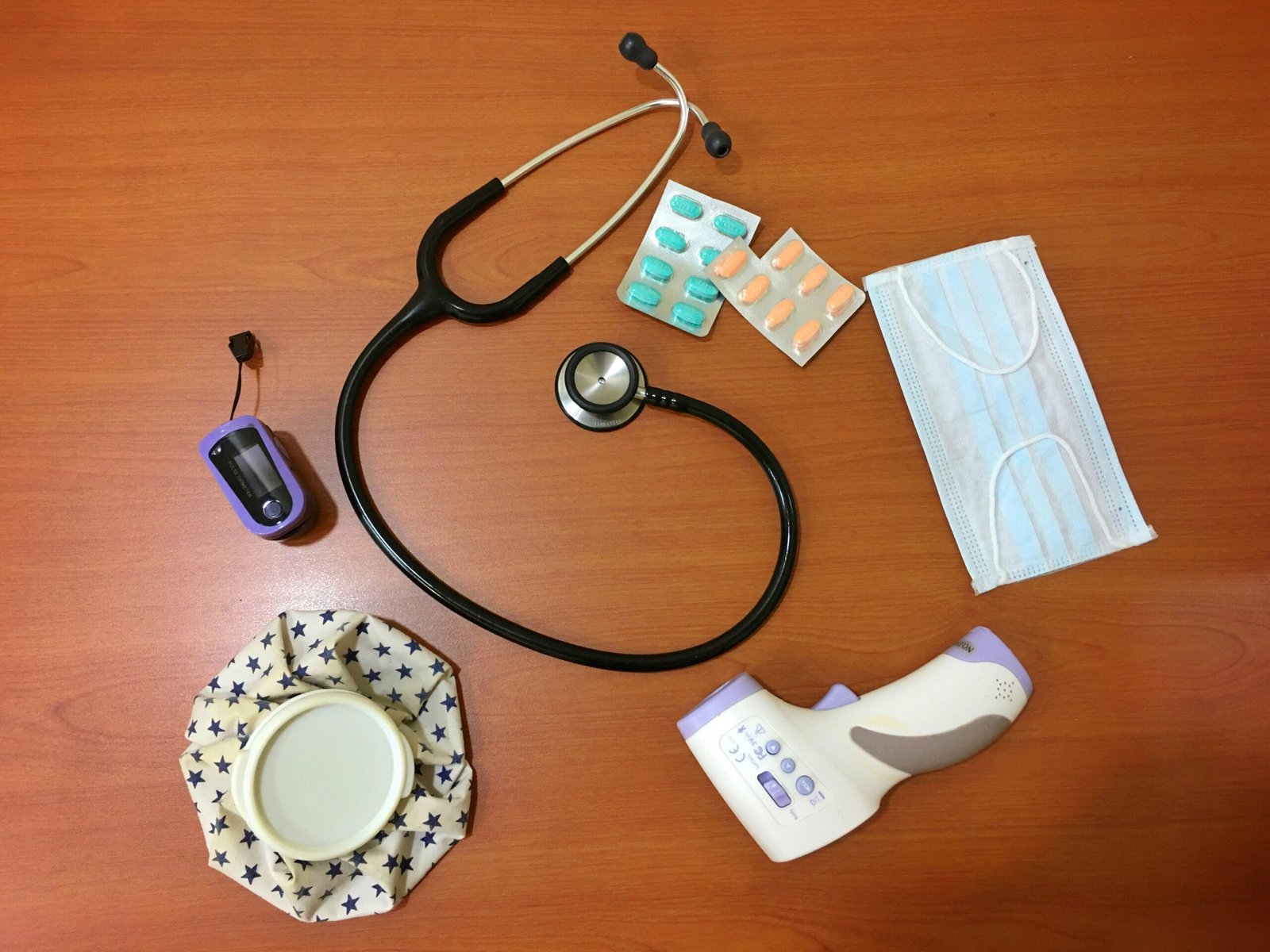
Disease prevention plays a vital role in promoting a healthy lifestyle and reducing the burden on healthcare systems. It encompasses a wide range of strategies and interventions aimed at reducing the incidence and prevalence of diseases. These strategies can include immunizations, regular health check-ups, healthy eating habits, exercise, and lifestyle modifications.
Benefits of Disease Prevention
One of the primary benefits of disease prevention is the reduction in healthcare costs. Preventing diseases before they occur can save individuals and society a significant amount of money that would otherwise be spent on medical treatments, hospitalizations, and medications. By investing in preventive measures, individuals can avoid the financial burden associated with long-term disease management.
Besides the financial benefits, disease prevention also has a positive impact on productivity and overall well-being. When individuals are healthy, they are more likely to be able to work, engage in physical activities, and enjoy their daily lives. This not only improves their quality of life but also contributes to a thriving economy and a happier society.
Furthermore, disease prevention helps to reduce the occurrence of chronic conditions. Chronic diseases such as diabetes, heart disease, and certain types of cancer can significantly impact an individual’s quality of life and life expectancy. By adopting preventive measures, individuals can reduce their risk of developing these conditions and enjoy a longer and healthier life.
Another key aspect of disease prevention is the protection of vulnerable populations. Certain groups, such as children, the elderly, and those with compromised immune systems, are more susceptible to infections and diseases. By implementing preventive measures, such as vaccinations and hygiene practices, we can safeguard these vulnerable individuals and prevent the spread of diseases within communities.
In conclusion, disease prevention is of utmost importance in maintaining good health and well-being. It not only saves money but also improves productivity, quality of life, and overall population health. By prioritizing preventive measures, individuals and societies can work towards a healthier future and reduce the burden of diseases on healthcare systems.
Vaccinations and Lifestyle Modifications
One of the key strategies in disease prevention is vaccinations. Vaccines have been instrumental in eradicating and controlling many infectious diseases that were once widespread and deadly. They work by stimulating the immune system to recognize and fight off specific pathogens, preventing the development of the disease or reducing its severity. Vaccinations not only protect individuals but also contribute to the concept of herd immunity, where a significant portion of the population is immune, making it difficult for the disease to spread.
However, disease prevention goes beyond just vaccinations. Lifestyle modifications play a crucial role in preventing the onset of various diseases. Maintaining a healthy diet, engaging in regular physical activity, getting enough sleep, and managing stress are all important factors in reducing the risk of chronic conditions such as heart disease, diabetes, and certain cancers. These lifestyle choices can also boost the immune system, making it more resilient against infectious diseases.
Early detection is another vital aspect of disease prevention. Regular screenings and check-ups can help identify diseases in their early stages when they are more treatable and have a higher chance of successful outcomes. For example, mammograms can detect breast cancer before symptoms appear, allowing for early intervention and improved survival rates. Similarly, routine blood tests can detect conditions such as high cholesterol or diabetes, enabling timely interventions to prevent complications.
Public health initiatives are also crucial in disease prevention. These initiatives aim to address health disparities, promote healthy behaviors, and implement policies that protect the population’s well-being. Examples of public health initiatives include smoking cessation campaigns, school-based vaccination programs, and community health education programs. These efforts not only raise awareness about diseases but also provide resources and support to individuals and communities to make healthier choices.
In conclusion, understanding the complex world of disease prevention requires knowledge of various strategies, including vaccinations, lifestyle modifications, early detection, and public health initiatives. By combining these approaches, we can protect ourselves and our loved ones from a wide range of diseases. It is important to stay informed, consult healthcare professionals, and actively participate in disease prevention efforts to ensure a healthier future for all.
5. Environmental Protection
Protecting the environment is an often overlooked but crucial strategy for disease prevention. Environmental factors can have a significant impact on our health, and taking steps to preserve and improve the environment can help reduce the risk of certain diseases.
One important aspect of environmental protection is reducing exposure to harmful pollutants. Air pollution, for example, has been linked to respiratory diseases such as asthma and lung cancer. By supporting policies and practices that aim to reduce air pollution, such as transitioning to cleaner energy sources and promoting sustainable transportation, we can help create healthier environments for ourselves and future generations.
Another aspect of environmental protection is ensuring access to clean water and sanitation. Contaminated water sources can lead to the spread of waterborne diseases such as cholera and dysentery. Implementing measures to improve water quality and sanitation infrastructure, particularly in disadvantaged communities, can have a significant impact on disease prevention.
Furthermore, protecting natural habitats and biodiversity is also important for disease prevention. The destruction of natural ecosystems can disrupt the balance between humans, animals, and pathogens, increasing the risk of zoonotic diseases. By preserving and restoring natural habitats, we can help reduce the likelihood of disease transmission from animals to humans.
Overall, environmental protection should be considered an integral part of disease prevention strategies. By recognizing the interconnection between our health and the health of the planet, we can work towards creating a healthier and more sustainable future.


